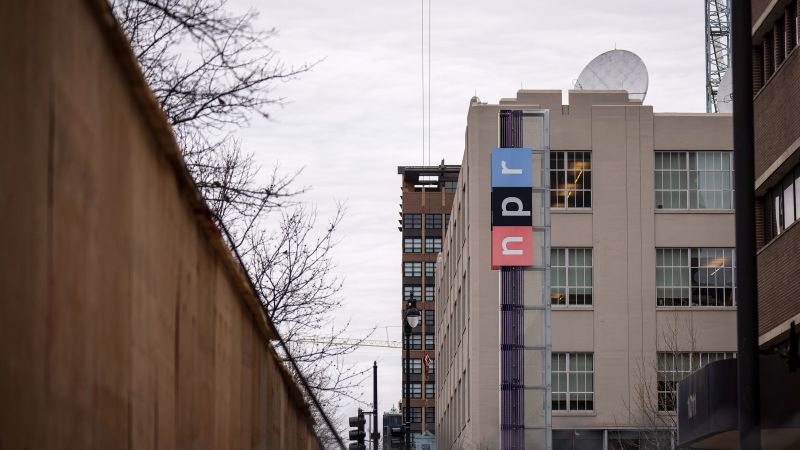NPR sharply criticized Twitter on Wednesday after the social media platform, in an apparent violation of its own policies, labeled the radio broadcaster as a “state-affiliated media” organization akin to foreign propaganda outlets such as Russia’s RT and Sputnik.
In a statement, NPR CEO John Lansing called the decision to lump NPR in with other outlets that Twitter identifies as being under government control as “unacceptable.”
“We were disturbed to see last night that Twitter has labeled NPR as ‘state-affiliated media,’ a description that, per Twitter’s own guidelines, does not apply to NPR,” Lansing said. “NPR and our member stations are supported by millions of listeners who depend on us for the independent, fact-based journalism we provide. NPR stands for freedom of speech and holding the powerful accountable. It is unacceptable for Twitter to label us this way. A vigorous, vibrant free press is essential to the health of our democracy.”
NPR receives some funding from public institutions but the vast majority comes from sources such as corporate sponsorships and NPR membership fees.
Twitter’s labels for state-affiliated media first rolled out in 2020. The company’s decision on labeling an account as state-affiliated media hinged on whether “the state exercises control over editorial content through financial resources, direct or indirect political pressures, and/or control over production and distribution.”
But Twitter’s policies at the time explicitly exempted NPR as an example of a publicly funded broadcaster with editorial independence.
“State-financed media organizations with editorial independence, like the BBC in the UK or NPR in the US for example, will not be labeled,” Twitter said at the time. That stance was also reflected in Twitter’s official policy page, even as NPR received the label on Tuesday.
Then, on Wednesday, as a backlash unfolded to Twitter’s decision, sharp-eyed internet users noticed that Twitter had deleted NPR from the policy.
Meanwhile other outlets similar to NPR, such as the BBC — which is also exempt from state-affiliated media labeling under Twitter’s policies — remain unlabeled.
CNN has reached out to Twitter for comment.
—CNN’s Oliver Darcy contributed to this report
Read the full article here










